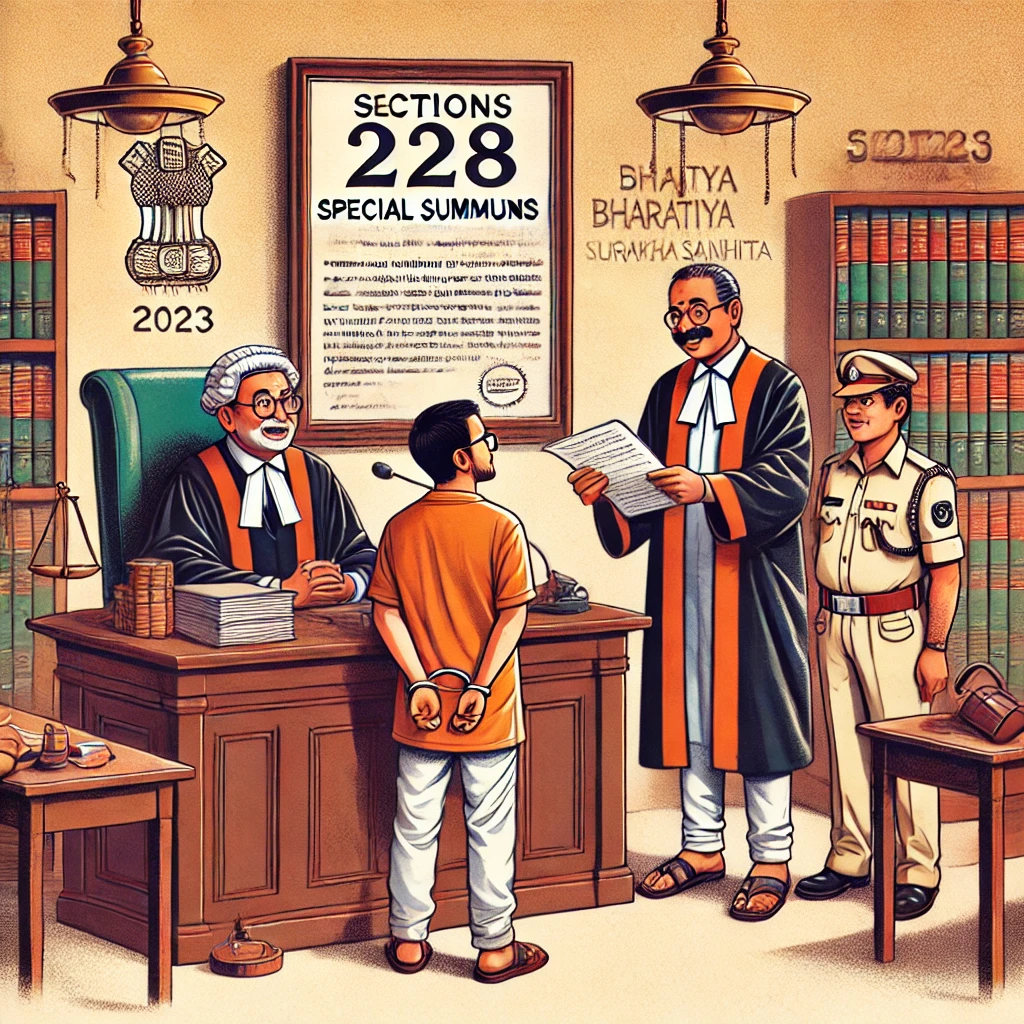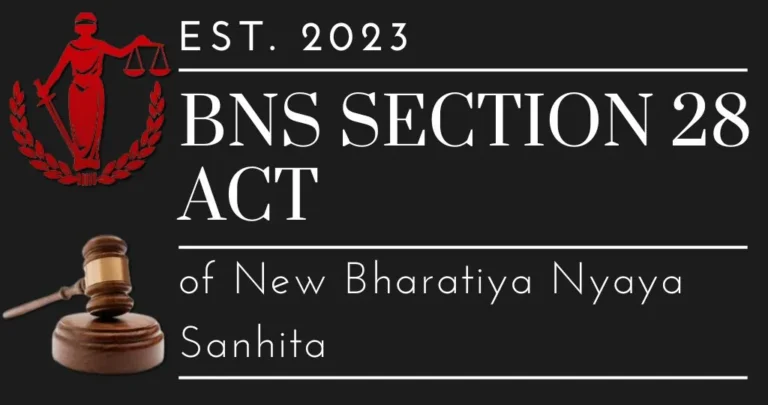
Simplifying Sections 228 and 229 of Bharatiya Nagarik Suraksha Sanhita, 2023: Magistrate's Role in Summons and Petty Offences
Uncomplicating Sections 228 and 229 of Bharatiya Nagarik Suraksha Sanhita, 2023: Role of Magistrate in Summons and Petty Offences
The Bharatiya Nagarik Suraksha Sanhita, 2023, superseded the Criminal Procedure Code and came into force on July 1, 2024. It is designed to simplify and modernize criminal procedures and make them more accessible and efficient. Sections 228 and 229 deal with the procedure of issuing summons and handling minor offenses (petty offenses). They explain the role of the Magistrate in determining if the accused must appear personally and the reduced procedures available for handling lesser offenses. These sections expand on the system provided in Section 227, which gives the first direction for proceeding before a Magistrate. For a full reference to Section 227, refer to the previous article on Live Law Hindi.
Dispensing with Personal Appearance: The Flexibility in Section 228
For More Updates & Regular Notes Join Our Whats App Group (https://chat.whatsapp.com/DkucckgAEJbCtXwXr2yIt0) and Telegram Group ( https://t.me/legalmaestroeducators ) contact@legalmaestros.com.
Section 228(1) authorizes a Magistrate to issue a summons without insisting on the personal appearance of the accused. The Magistrate may also allow the accused to appear by an advocate if there is a reasonable ground for doing so. This provision provides flexibility, particularly in situations where the accused resides far away or the offence is not serious enough to require a personal appearance.
For instance, if someone is accused of a minor crime, like causing disturbance in public peace at a protest, and resides in another city, the Magistrate realizes that it may be burdensome for them to come in person. The Magistrate can, therefore, permit the representative of the individual in the form of their advocate. It saves the accused time and money on transport yet does not hinder the legal process.
Nonetheless, Section 228(2) asserts that the Magistrate still has the discretion to insist upon the personal presence of the accused at any point during the proceedings if this is what the situation calls for. For example, if the court requires the court to personally inquire into the accused regarding the facts of the case, the Magistrate can insist on their personal presence. The court could also order their attendance, employing procedures discussed earlier in the Sanhita, to compel obedience.
Summary Disposal of Petty Offences: Guidelines Under Section 229
Section 229 offers guidelines for the summary disposal of petty offences. On taking cognizance of a minor offence by a Magistrate, he/she may find that the case may be disposed of expeditiously under Section 283 or Section 284, which allow for summary trials (expeditious trials with summary procedure). Section 229(2) defines the term “petty offence” to mean any offence punishable only by a fine which does not exceed five thousand rupees. Excluded hereunder are offences under the Motor Vehicles Act, 1988, or any other law permitting conviction of an accused person in absence on his plea of guilty.
If a Magistrate finds that the case is apt for summary disposal, they will issue a summons to the accused. The summons may offer the accused a choice of several options. The accused may either appear in person or be represented by an advocate before the Magistrate on a set date. Alternatively, if the accused wants to plead guilty and not appear before the court, they can deliver their plea through writing and deposit the fine in the mail or through a messenger.
For instance, if an individual is fined for causing a public nuisance by playing music loudly at night. The Magistrate will determine that such a case can be considered as a petty offence. The accused can either turn up in court or write a letter indicating that they plead guilty and pay the fine as per the summons.
Moreover, if the accused would prefer to be represented by an advocate and to plead guilty via the advocate, then they will need to formally grant the advocate written authority to do so. The fine may subsequently be paid by the advocate on their behalf. This solution ensures that there are several different means of addressing the issue rapidly that are available to the accused as well as to the judiciary through less use of time and money on the small cases.
Restrictions on Amount of Fine in Petty Offence Cases
The amount of fine as mentioned in the summons for a petty offence under Section 229(1) cannot be more than five thousand rupees. This restriction is put in place to ensure that minor offences are treated proportionally and do not place too heavy a financial burden on the accused. The provision facilitates the disposal of cases involving low-grade offences since the fines are placed within reasonable parameters.
For instance, if one is penalized for a lesser offence such as littering at a public park, the stated fine in the summons will never be more than five thousand rupees. The limit ensures there is a visible and certain judgment for such incidents.
State Government Empowerment: Special Powers for Magistrates
Section 229(3) enables the State Government to authorize any Magistrate, by a notification, to exercise the powers under Section 229(1) in respect of some compoundable offences or offences punishable with imprisonment for a term not exceeding three months, a fine, or both. “Compoundable offences” are those offences which can be compromised between the parties privately with the approval of the court.
If a Magistrate feels that the imposition of a fine alone would do justice in the facts and circumstances, they may act accordingly. For example, where a person is charged with having caused a minor scuffle leading to a minor disturbance, the State Government may empower the Magistrate to resolve the issue by fining the accused instead of adjudicating through a trial. This can decongest the courts and ensure faster resolution.
Conclusion
Bharatiya Nagarik Suraksha Sanhita, 2023, sections 228 and 229 prescribe significant provisions for the handling of petty offences and the accommodation given to the accused while obeying summons. Section 228 enables a Magistrate to dispense with the personal presence of the accused and instead authorize representation by an advocate, which makes the system more convenient. Section 229 deals with the speedy resolution of minor offenses, providing a simplified process for lesser cases not demanding lengthy trials. By providing for a limit to the highest permissible fine and by giving choices for the accused person to plead guilty without personal appearance in court, these sections provide for the ease of legal procedures while providing equity.
The new Sanhita signals the direction of a more contemporary and streamlined Indian criminal justice system. The discretion and choices under Sections 228 and 229 accommodate the needs of both the accused and the courts, enabling more efficient and speedier case settlement.






